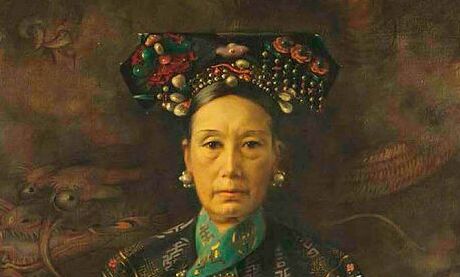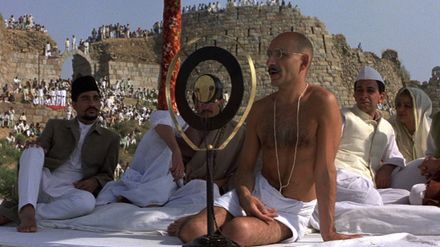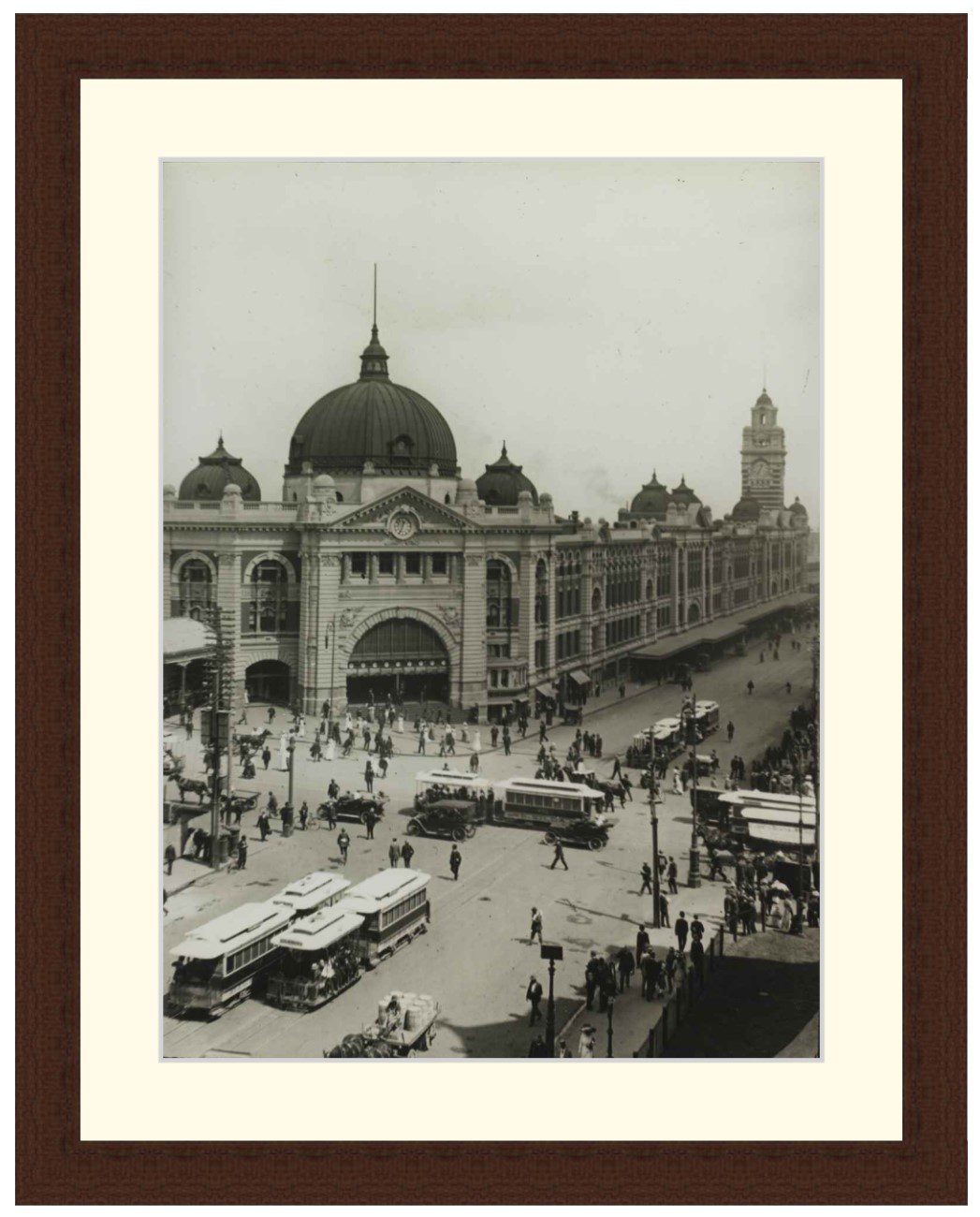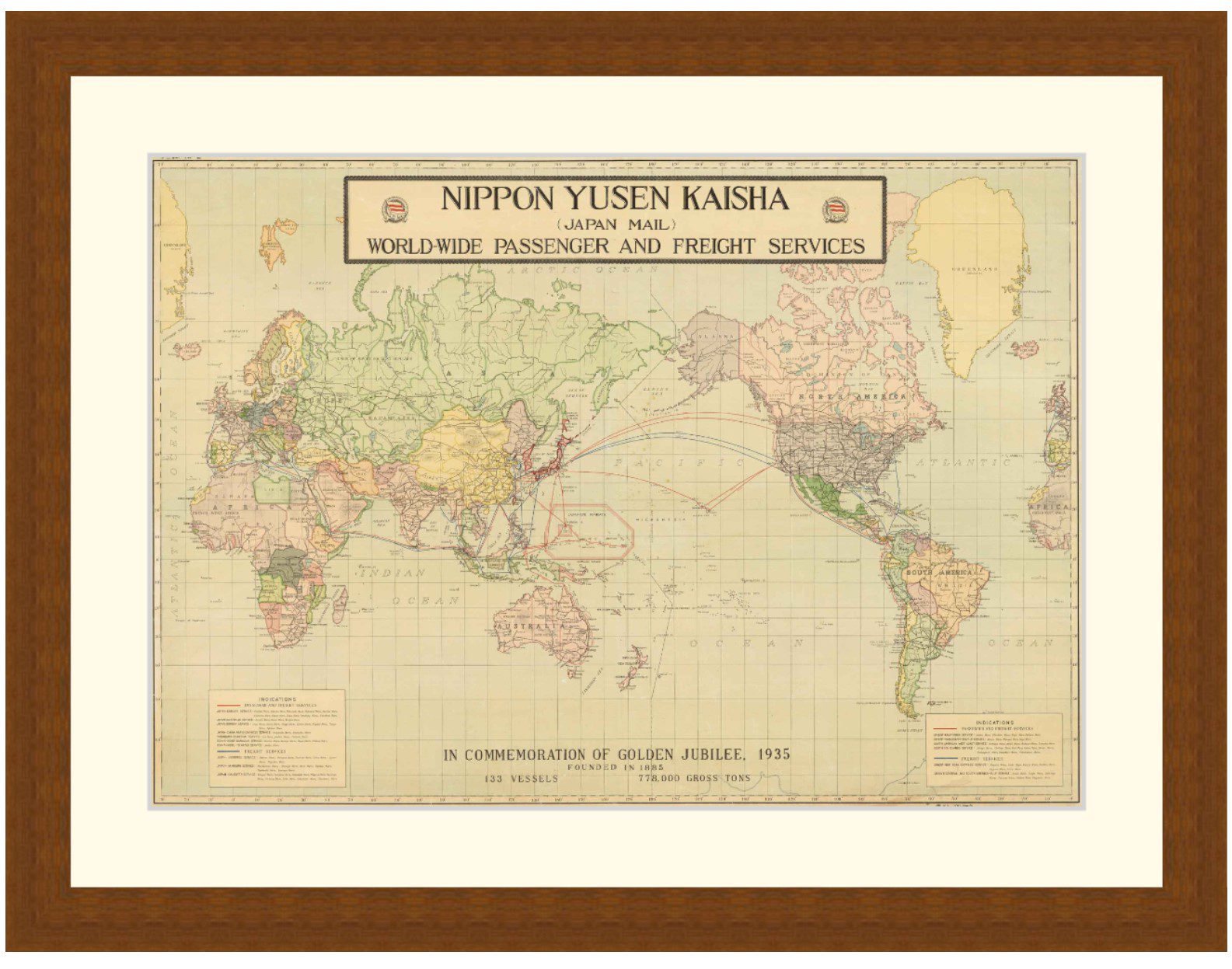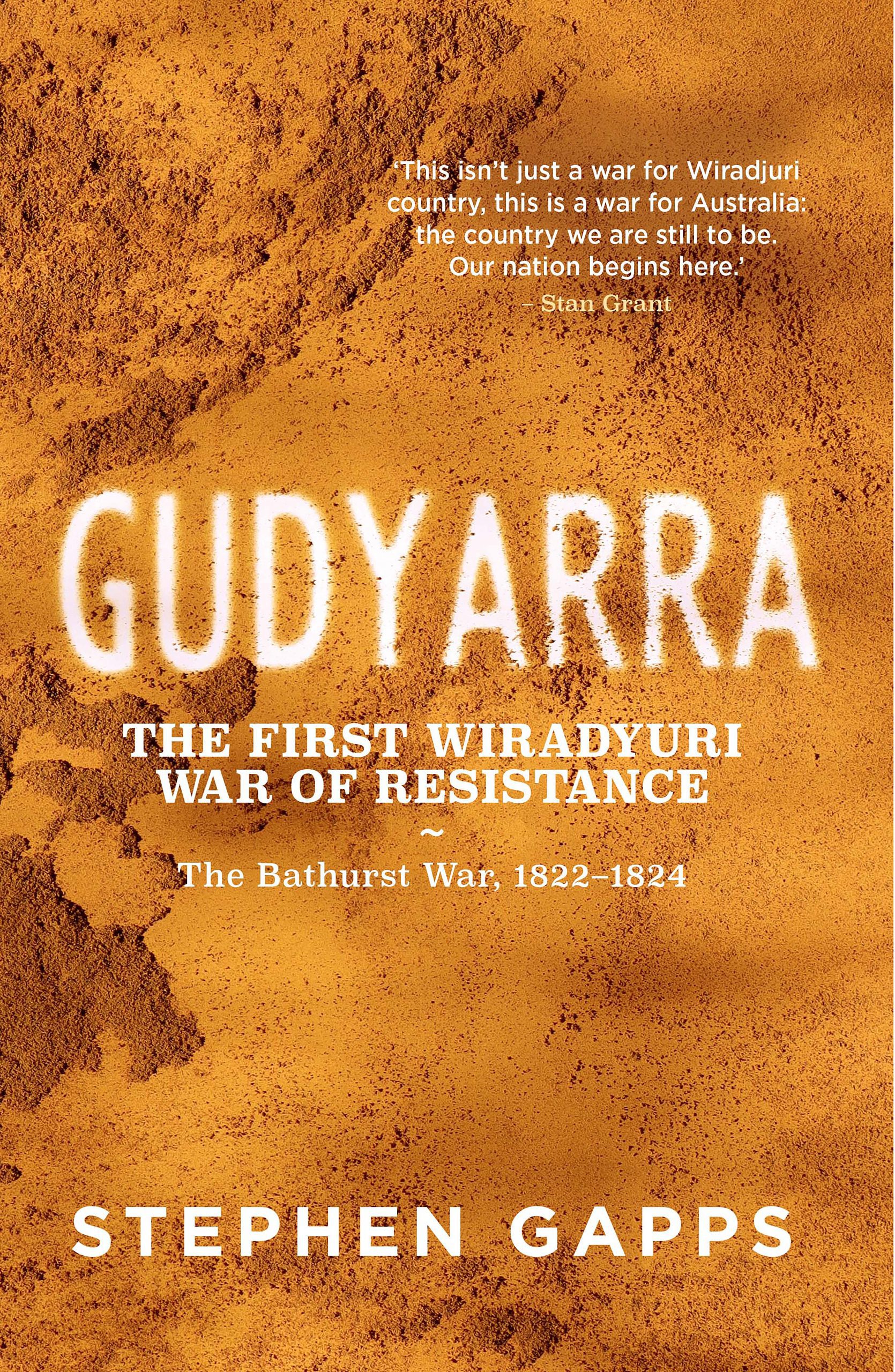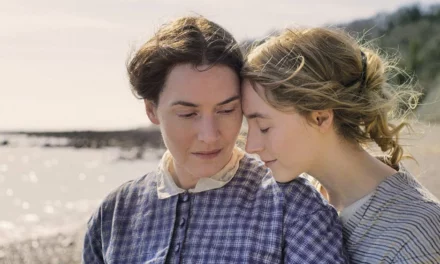5 INSPIRING WOMEN OF HISTORY
Reading time: 10 minutes
Much of this history is overshadowed or simply overlooked, but the impact of these five women on history cannot be doubted.
By Madison Moulton
Melisende, Queen of Jerusalem
Melisande, Queen of Jerusalem, was one of many crusader queens and arguably the most significant. She was Jerusalem’s first queen and the grandmother of Sibylla, the future queen of Jerusalem.
Melisende was born around 1109 to the second king of Jerusalem, Baldwin II, and Morphia, an Armenian Princess. Both set the stage for Melisende’s future as queen. Her father led extensive campaigns, while her mother was a negotiator.
In 1129, Melisende married the esteemed and powerfully rich Fulk V, Count of Anju and Maine. Despite being a seemingly well-matched pair who produced a male heir within the first year of marriage, Baldwin II made an unusual decree. Before he died, he declared that Fulk, along with Melisende and their son (Baldwin III), would jointly inherit the throne as equals. This decision safeguarded Melisende’s right to the throne, and ensured Jerusalem remained under ‘royal crusader blood’.
Despite ruling ‘equally’, Melisende was often pushed to the side, especially in matters of government.
Following the death of her husband in 1143, Melisende inherited the throne, along with her young son. Having never remarried, she independently ruled Jerusalem for almost a decade, during which she made her mark as a truly powerful queen. She successfully negotiated with the ruler of Damascus, and her dual-heritage aided in her success in defending second-generation Latin settlers against new arrivals.
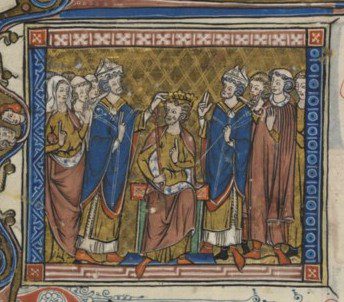
Melisende successfully defended Jerusalem against a besieging army, led by her son in 1152. The older Baldwin III got, the more he openly challenged his mother’s claims to the throne. It came to a head when Baldwin III attacked the city in an attempt to overthrow her. Historians describe it as a relentless attack that “denied the besieged any rest”.
Her son did rise as the victor. But, the agreed-upon peace settlement secured Melisende great political power. She remained the sole ruler of the City of Nablus and some neighboring lands. Melisende’s Queenship represents the peak of power and agency that women held at the time. Her legacy continued through her granddaughter Sybilla, who would also become Queen of Jerusalem.
Empress Dowager Cixi
A woman who should be among the most well-known in history is Empress Dowager Cixi. She had a few nicknames, including ‘dragon lady’. The Empress was a former concubine who rose to power and ruled China during the Qing Dynasty (1644-1911). She’s not only China’s last empress, but also it’s most famous. Cixi shaped the politics of Imperial China through her various rebellions and policies.
Empress Cixi didn’t start as a political activist and influencer. At a young age, she was chosen as a concubine for Emperor Xianfeng and lived a life of extravagance within the imperial court. Some years later, however, after two coups and some luck in loopholes in China’s imperial policies, Cixi found herself as sole ruler of Imperial China.
After the first coup, Cixi became Empress of China alongside two members of the former emperor’s family. During this period of triumvirate rule, the various rebellions destroying north and south china were quelled and a period of reform was implemented. Cixi was a great supporter of the Self-Strengthening Movement of the 1800’s that formed part of China’s rise to power. Anti-corruption laws and changes in governmental establishments were just two of the many reforms established.
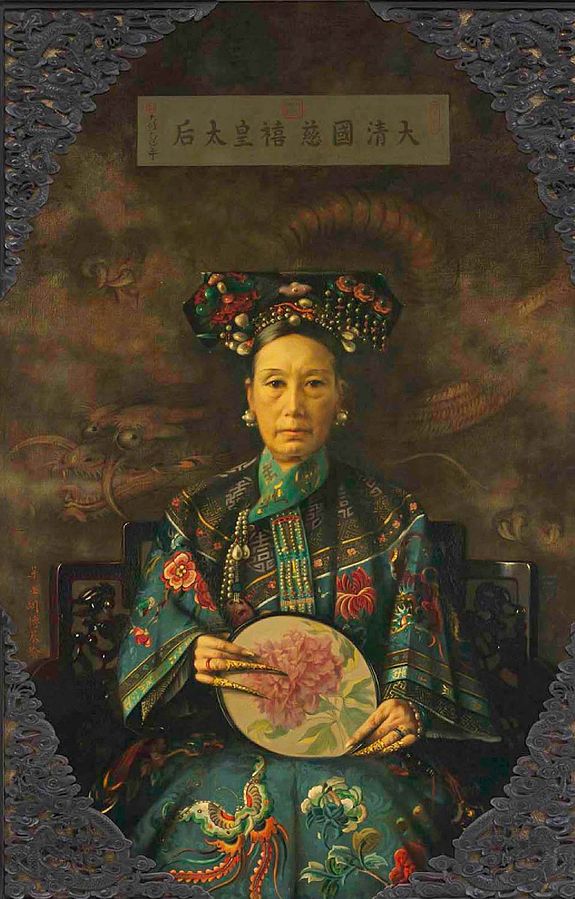
When the new young emperor formally assumed power, Cixi retired into a lavish life. She didn’t stay retired long though and instigated a second military coup after the young emperor implemented radical reforms and the devasting Chinese defeat in the Sino-Japanese war (1894–95).
Cixi reassumed regency and a year later backed officials supporting the Boxer Rebellion. In hindsight, Cixi backed the wrong horse, admitting that her choice to support the boxer rebellion was a mistake on her part. The response to the rebellion saw foreign troops take hold of the city, forcing her to accept peace terms.
Upon her return to Beijing, Cixi reimplemented her many innovative reforms. She died in 1908 at the age of 72, leaving behind a legacy often criticized. Ultimately, Cixi’s rise to power is impressive and her reforms and policies were among the most progressive at the time.
Dr Marie Maynard Daly
Across the world and in the years following Empress Dowager Cixi’s death, America would see its first African American woman earn a Ph.D. in chemistry.
Although not an empress or queen who led rebellions and ruled nations and dynasties, Dr Marie Maynard Daly is a highly influential woman, especially in the world of medicine.
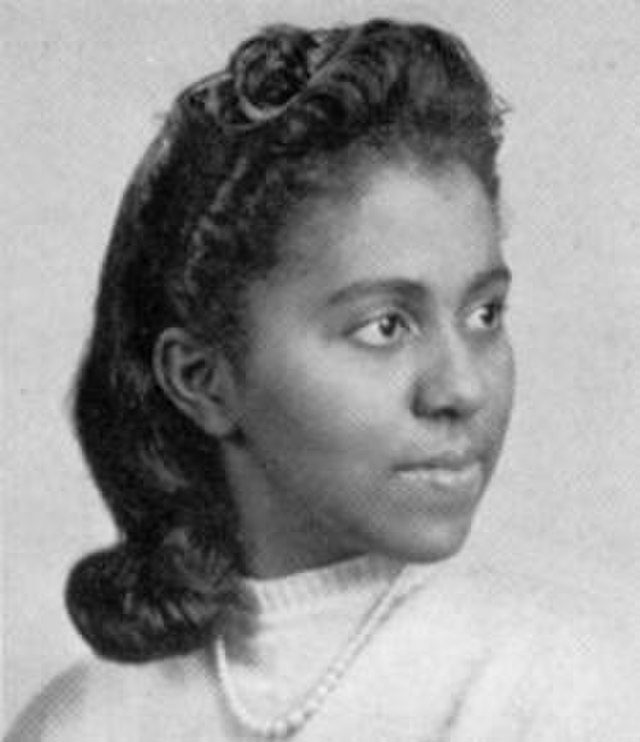
She was born in Queens, New York in 1921. Her love for education and science was fostered by her parents and after years of studying and working after high school, she received a Chemistry degree from NYU. Daly was a talented scholar, having completed her master’s degree in a year. She then went on to enroll as a doctoral student at Columbia University in 1944.
Ambitious and intelligent, Daly would go on to make history in 1947 when she completed her doctorate and received her Ph.D, as the first African American woman to do so.
Thereafter, she returned to Columbia University to work alongside famous Dr. Quentin B. Deming investigating the causes of heart attacks. Daly and Deming discovered the ground-breaking relationship between cholesterol and heart health. This opened up an entirely new understanding of the effects of diet on the heart and circulatory system. She also played a large role in our understanding of DNA.
Daly was both a remarkable scientist and an activist in her own right. Alongside her research, Daly taught biochemistry and championed efforts for the acceptance of people of color in science and medical programs. She was as passionate about studying science and medicine as she was about her activism. in 1988, she started a scholarship for minorities who wished to enroll in science programs at Queens College.
Dr Marie Maynard Daly died in New York in 2003, after many years as a pioneer in biochemistry, heart health, and activism specifically in the world of academia.
Huda Sha’arawi
Huda Sha’arawi was born for a life on the political stage. Her father was the president of Egypt’s Chamber of Deputies and from a young age, she resented Egypt’s restrictions on women’s movements.
Born in 1879, Sha’arawi would become one of the most famous Eqyptian women in the country, and possibly the world. Sha’arawi openly organized lectures for women, as a show of power and rebellion against the anti-female movement laws in Egypt at the time. Her lectures gathered groups of women together, outside the home, for the very first time. They also allowed her to establish a welfare society for poorer women in Egypt.
In 1910, Sha’arawi opened a school for young girls, where they were taught academic subjects instead of practical skills.
The young feminist would eventually play a major role during the Egyptian revolution in 1919. Sha’arawi led the female-dominated protests for Egyptian independence from Britain and the release of nationalist leaders. With support from her husband, Ali Pasha Sha’arawi, she formed the Wafdist Women’s Central Committee (WWCC) in 1920.
Sha’arawi’s activism didn’t stop there. Upon her return from the International Woman Suffrage Alliance Conference in Rome, she removed her veil and trampled on it. This shocking move would become a crucial one in Egyptian feminist history. Many other women followed suit, refusing to don their veils in public.
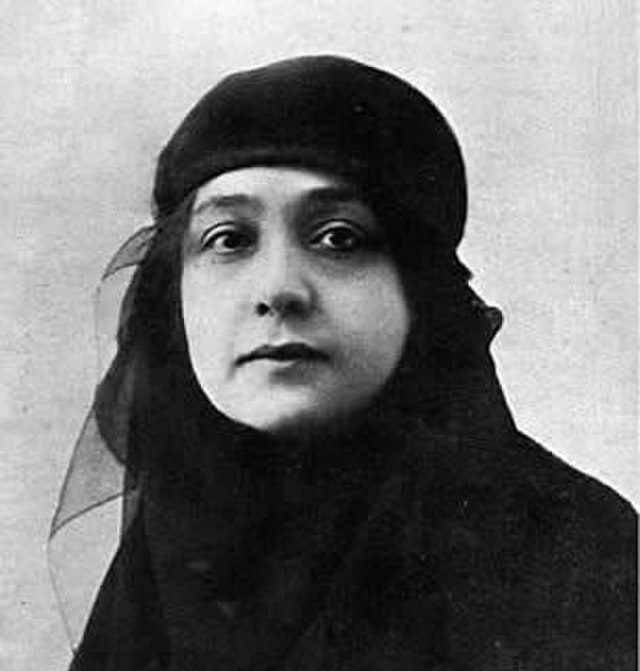
In 1923, Sha’arawi founded and become the first president of the Egyptian Feminist Union (EFU). The EFU sought to reform restrictive laws against women. In particular, Sha’arawi and the EFU sought increased education for women and girls, along with reforming laws restricting woman’s rights.
Sha’arawi remained the president of the EFU until she died in 1947. Two years before she passed, Sha’arawi founded the Arab Feminist Union. Both the EFU and the AFU launched feminist magazines. In 1945, she also received the Order of the Virtues in Egypt.
Sha’arawi is one of the most inspirational women in the Middle East and North Africa, inspiring many 21st-century female activists.
Indira Gandhi
Indira Gandhi was born into politics. On January 24, 1966, she was sworn in as India’s first, and only, female prime minister.
Gandhi was born in 1917 and was the daughter of Jawaharlal Nehru, India’s very first PM and a key figure in India’s fight for independence. She was highly educated, having studied both at Visva-Bharati University and the University of Oxford. In 1938, Gandhi joined the Congress Party, led by her father. Nine years later, the Congress Party took office. She continued to climb political ranks throughout the years.
In 1966, following the death of the then PM, Gandhi was elected leader of the Congress Party, and subsequently became India’s first female prime minister.
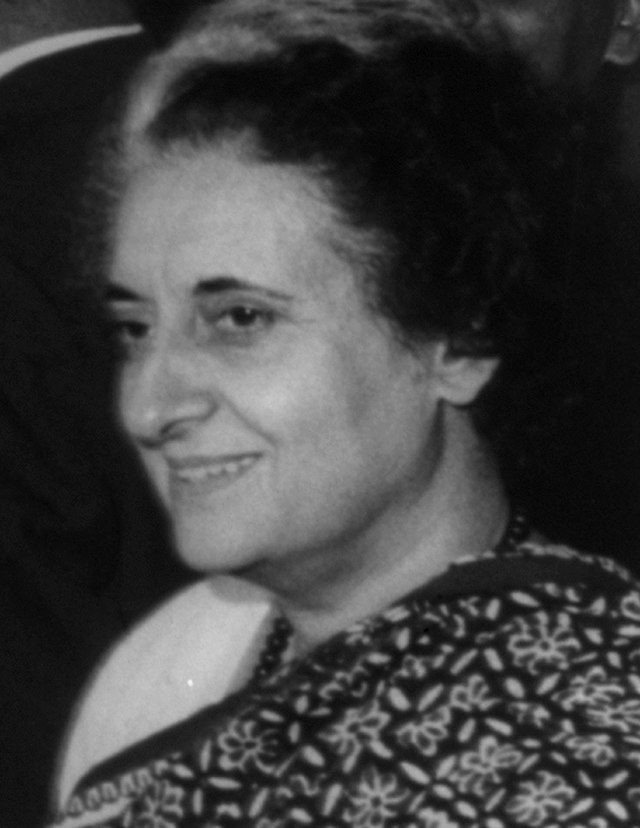
Gandhi’s leadership was continually challenged, especially by right-leaning members of the Congress Party. Tensions between party members came to a head in 1969 when she was expelled from the CP in 1969. Undeterred and backed by a majority of party members, Gandhi formed a new political party. Aptly named the ‘New’ Congress Party, the NCP would go on to win the elections in 1971, securing Gandhi’s place as PM.
Under Gandhi, India aided in the factionist war between East Pakistan and Pakistan. It achieved a decisive victory against Pakistan, which ultimately led to the establishment of Bangladesh. India became the first state to recognize Bangladesh as an independent nation.
After several years in office, the NCP was eventually voted out of power during the 1977 national elections. The Janata Party become India’s new governing party.
However, this wasn’t the end of Indira Gandhi. In the years that followed, she continued to garner strength and supporters. When the Indian government fell into disarray under the Janata Party, Gandhi only became more popular. Gandhi and her party won the elections once more in 1980.
Her second bout at governing India was no easier than her first. Secessionist factions, particularly the Sikhs in Punjab, pressured Gandhi and her government. In 1984, Gandhi pushed back by ordering the Indian army to confront them in their holy Golden Temple. Several hundred people died during this confrontation and this decision ultimately led to Gandhi’s assassination in 1984.
These powerful women have made significant impacts on the world. Whether they made leaps and bounds within science, changing the landscape of medicine for years to come, or inspired others to pick up their legacies, or ruled nations and empires with intelligence and a knack for politics. Their stories deserve to be more well known.
Articles you may also like

A new narrative unfolds about South Africa’s protracted war in Angola
Reading time: 5 minutes
The book A Far-Away War: Angola 1975 – 1989, about the war waged by apartheid South Africa against its neighbour, has attracted the attention of historians and those who fought in it. More than a quarter of a century after it ended, the war is still remembered by many who were touched by it in one way or other.

Warfare spurred on the welfare state in the 20th century – but it probably won’t in future
The link between warfare and welfare is counter-intuitive. One is about violence and destruction, the other about altruism, support and care. Even the term “welfare state” – at least in the English-speaking world – was popularised as a progressive and democratic alternative to the Nazi “warfare state” during World War II. And yet, as new research shows, […]
The text of this article was commissioned by History Guild as part of our work to improve historical literacy. If you would like to reproduce it please get in touch via this form.

